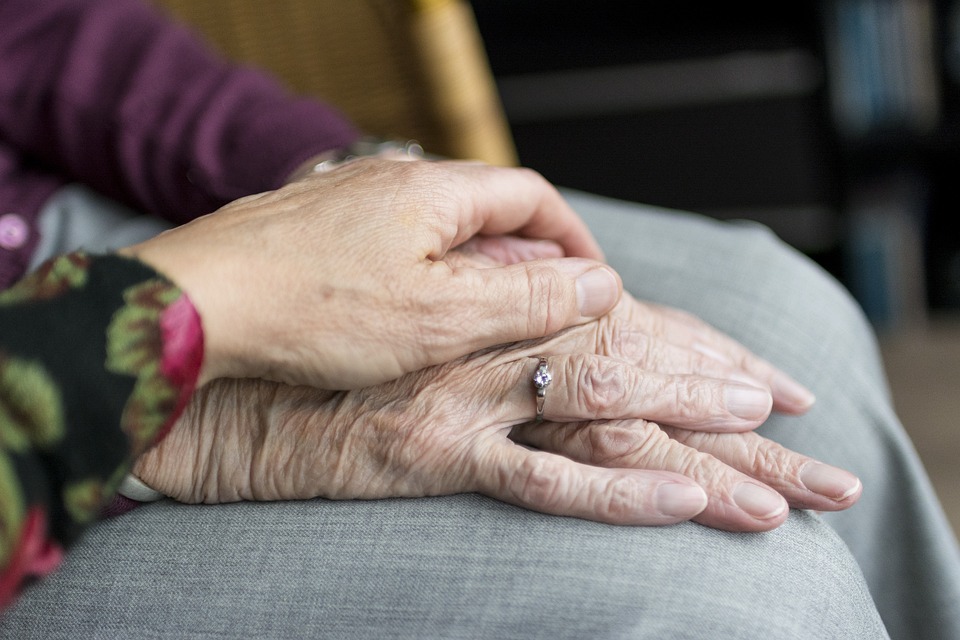Daniel Calovi, a postdoc at the Max-Planck-Institute for Animal Behaviour at the department “Collectve Behaviour” of Iain Couzin, is a co-founder of the project “crowdfight covid19”. The website tries to bring together people who are offering help with people who need some help. Here Daniel Calovi talks about the main concept, their motivation and the overall goal of the initiative. The cofounders are Sara Arganda Carreras (Universidad Rey Juan Carlos, Madrid, Spain) and Alfonso Pérez Escudero, (Center for Integrative Biology, CNRS and Université Paul Sabatier, Toulouse, France).
Mr. Calovi, what is the main idea of crowdfight covid19? How did you come up with that?

Daniel Calovi: Around two weeks ago, I talked with two befriended scientists from Toulouse and Madrid about the current situation in the world. With labs closed and institutes shut down, we imagined there might be many scientists who are stuck in home office, who are bored or might have some extra time. On the other hand, researchers who are actively fighting against are probably busier than ever before. So we thought, wouldn’t it be great to use those people with some extra time to help those scientists with no time at all?
How do you bring those two groups together?
Our idea was to create a website that works like a market place. Volunteers with extra time can offer their help, and scientists who are working on a covid19-related project can ask for assistance by sending requests. We and other participants in the core team are managing those requests and connecting scientists with other experts.
What kind of requests do you receive?
So far, we received more than 200. For example, people looking for DNA databases as they need to correlate the sequencing data of covid19 with the MERS or SARS virus. Or researchers doing cluster analysis of infection rates and need help in evaluating the results. Some tasks require specialists, some tasks can be easily solved by googling or doing short inquiries. But regardless of the difficulty, we know from our own lab experience that it’s exactly those short manual tasks that steal precious time. More recently we’ve received requests on research groups and companies needing specific antibodies and reagents, and we are matching them with our pool of volunteers who said they might be able to provide the requested material.
Who can participate in the initiative?
Basically everybody. Right now, more than 40000 volunteers from institutes all over the world offered their help, including computer scientists, biologists, physicists, chemists, but also people who are experts in social studies and even non-scientists like graphic experts or social media managers. I guess, you can find almost every type of profession. Given that variety of knowledge, there is probably a specialist for any problem.
Do you give any advice to authorities?
Not so far. However, there was one case of a clinical trial where a literature research was necessary to get the trial approved. Of course, the work might not be very complicated, but for people who are working in the clinics it takes some time that they don’t have.
What is the final goal of crowdfight covid19?
I would say it’s just to help. This pandemic is a problem we are all facing. You probably know that internet meme saying, “Our grandparents had to hide in the shelter to save their country – all I have to do is sitting on my couch”. We decided that we don’t want just sit on the couch. We want to help. And if I can dedicate a few hours of my day to take off some busy time of heroes fighting in the frontline, that’s all we can strive for.
Interview: Tobias Herrmann








